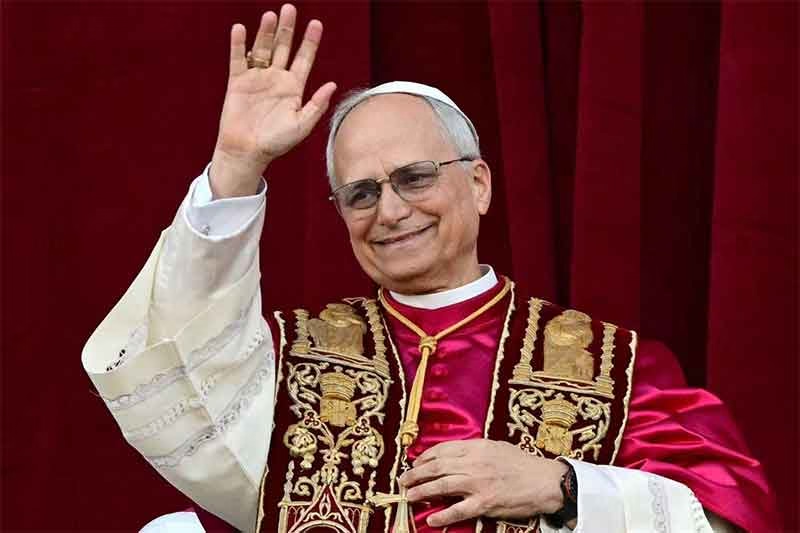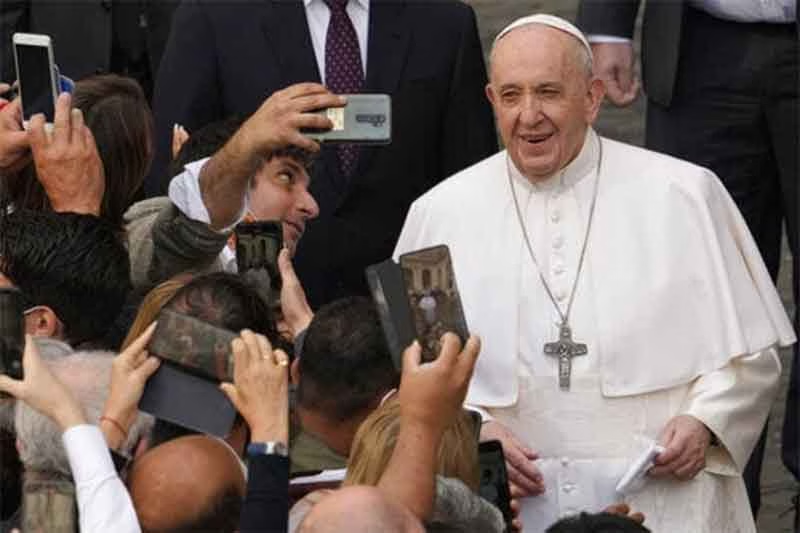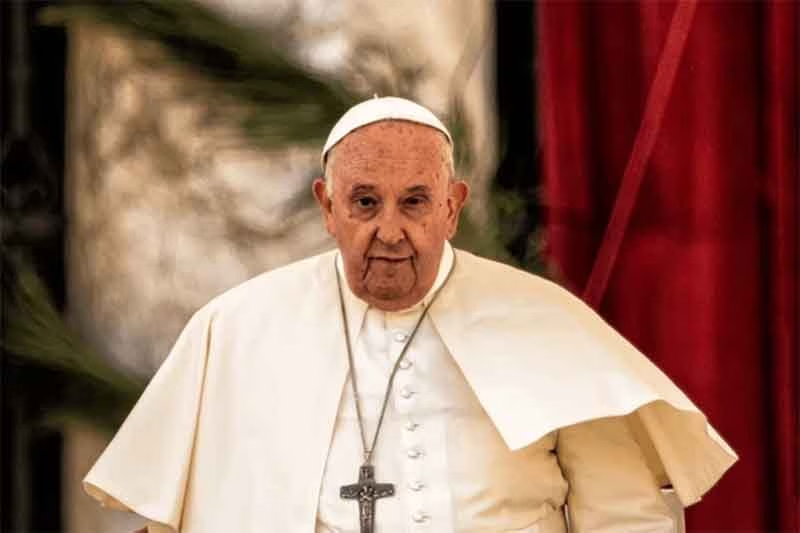
During my 2021–22 tenure as a Postdoctoral Fellow at Western Sydney University, specializing in Media, Culture, and Society, I researched Pope Francis’ language and wrote a dissertation on the topic. My study focused on his public speeches, particularly his TED Talks. This article draws on key insights and findings from that research.
A Pope Who Connects with All
Born in Buenos Aires, Argentina, on December 17, 1936, Pope Francis has astonished the world with his communication prowess since becoming the 266th Pope of the Roman Catholic Church on March 13, 2013. As the first Jesuit Pope and the first from South America, his leadership is defined by humility and compassion.
In April 2017, Pope Francis made history by delivering a TED Talk—an unprecedented platform for a global religious leader. Titled “Why the Future of the World Must Be Inclusive,” his talk emphasized human connection, unity, and collaboration, transcending religious boundaries to address a global audience, regardless of their beliefs. The talk garnered millions of views, showcasing his ability to extend his message beyond traditional religious contexts. Three years later, he delivered another TED Talk, urging collective action on climate change.
Pope Francis’ communication underscores that modern leadership demands more than theoretical discourse—it requires accessibility, connection, and openness to diverse perspectives. His approach serves as a masterclass in bridging divides.
A Master of Simple, Powerful Language
Pope Francis excels at distilling complex ideas into clear, relatable language. Unlike his predecessors, who often relied on theological jargon, he uses a warm, conversational tone that resonates with diverse audiences. Rather than leaning on abstract religious doctrines, he employs relatable stories and examples. In his 2017 TED Talk, he posed a simple yet profound question: “What kind of world do we want to leave for our children?” This framing ensures his message is universally accessible, reaching far beyond the Catholic Church.
A Leader Who Transforms Through Storytelling
Story-telling is a cornerstone of Pope Francis’ communication. He doesn’t merely present moral teachings; he personalizes them to touch listeners’ hearts. In his TED Talk, he reimagined the ancient parable of the Good Samaritan, linking it to modern challenges like suffering, wealth disparity, and technology’s dominance over compassion. By asking, “Are you the kind of person who stands up to help?” he invites audiences to see themselves in the narrative, creating a lasting emotional impact.
A Shepherd Bridging Faith and Reason
Pope Francis stands out among religious leaders for recognizing that faith and reason can coexist harmoniously. He values scientific knowledge and expertise, urging audiences to respect research and use reason alongside faith. This approach, blending faith and logic, allows him to connect with secular audiences who might otherwise dismiss religious voices. His language resonates even with sceptics, fostering dialogue in public debates.
A Champion of Inclusive Communication
Inclusivity defines Pope Francis’ style. His messages embrace people of all faiths—and those with none—emphasizing shared humanity over division. Rather than speaking from a position of authority, he engages as a fellow traveller, breaking down ideological and religious barriers. In a polarized world, his inclusive language positions him not just as a religious figure but as a global leader.
Bold and Innovative Language
Pope Francis’ compassion for Gaza, commitment to interfaith dialogue, and outreach to LGBTQ+ communities exemplify his bold communication.
His response to the Gaza crisis reflects his empathetic style. On March 23, 2025, while recovering from pneumonia in Rome’s Gemelli Hospital, he delivered an emotional plea from the hospital balcony: “I am saddened by the resumption of the heavy Israeli bombardment of the Gaza Strip; this has resulted in numerous deaths and injuries. I call for an immediate cessation of hostilities, the release of all hostages, a final ceasefire, and the resumption of dialogue.” Reported by Vatican News, this was no detached statement but a heartfelt cry, reflecting his connection to human suffering. In his December 21, 2024, Christmas address to cardinals, he condemned Israel’s actions, stating, “Yesterday, children were bombed. This is cruelty! This is not war.” His choice of “cruelty” over “war” painted a vivid moral picture, compelling listeners to confront the reality of bombed hospitals and suffering children.
His commitment to interreligious dialogue is equally powerful. On March 6, 2021, his historic meeting with Grand Ayatollah Sayyid Ali al-Sistani in Najaf, Iraq, symbolized unity between the leader of 1.4 billion Catholics and a prominent Shia Muslim leader. Despite security risks, his visit underscored his belief in dialogue’s power. Muslim scholar Amine A. Hoti praised Francis’ focus on mercy, a shared value in Islam. In September 2024, in Singapore, Francis declared, “All religions are paths to God,” and in 2019, he signed a human fraternity document with Grand Imam Ahmed El-Tayeb, reinforcing his call for peace, tolerance, and interfaith dialogue.
On LGBTQ+ issues, Francis balances tradition with compassion. His 2013 remark, “If a person is gay and seeks God and is of good will, who am I to judge?” reframed the debate without altering doctrine. Actions like inviting trans women to lunch at the Vatican and stating in 2020 that “LGBTQ people deserve to love and be loved” reflect his merciful approach.
Subscribe to Our Newsletter
Get the latest CounterCurrents updates delivered straight to your inbox.
A Humble Guide in a Divided World
Pope Francis understands that authority alone cannot earn trust in today’s world. He wields humility as a communication tool, presenting himself as a relatable human with doubts, weaknesses, and questions. His sermons go beyond conveying information; they evoke emotions that linger long after his words are spoken. By using simple language and personal stories, he ensures his messages inform and inspire.
His speeches exemplify how leaders can connect across cultures, ideologies, and beliefs. In an era of division, his ability to unite diverse audiences is profoundly relevant. Perhaps his greatest gift is making people feel part of something larger, regardless of their background or beliefs.
Dr Jasbeer Musthafa Mamalipurath, FHEA, is Assistant Professor in Media Studies at Queen’s University Belfast, UK. He researches media, culture, society, and misinformation and has authored several papers and a book.
Email: [email protected]















































